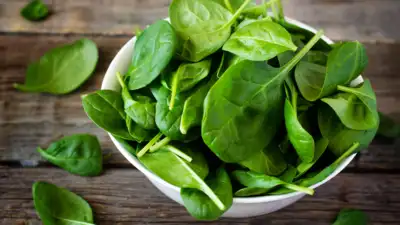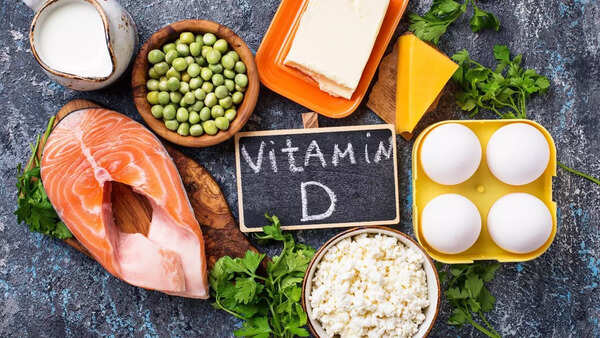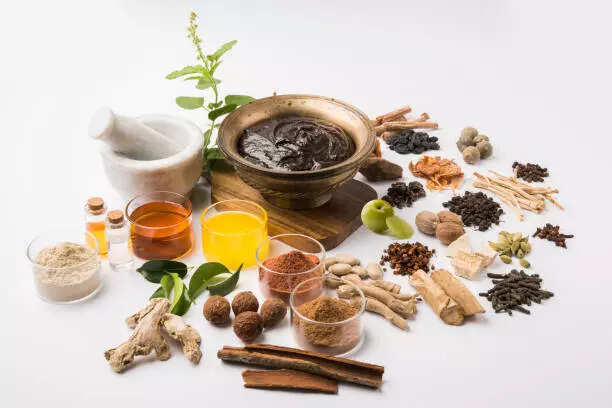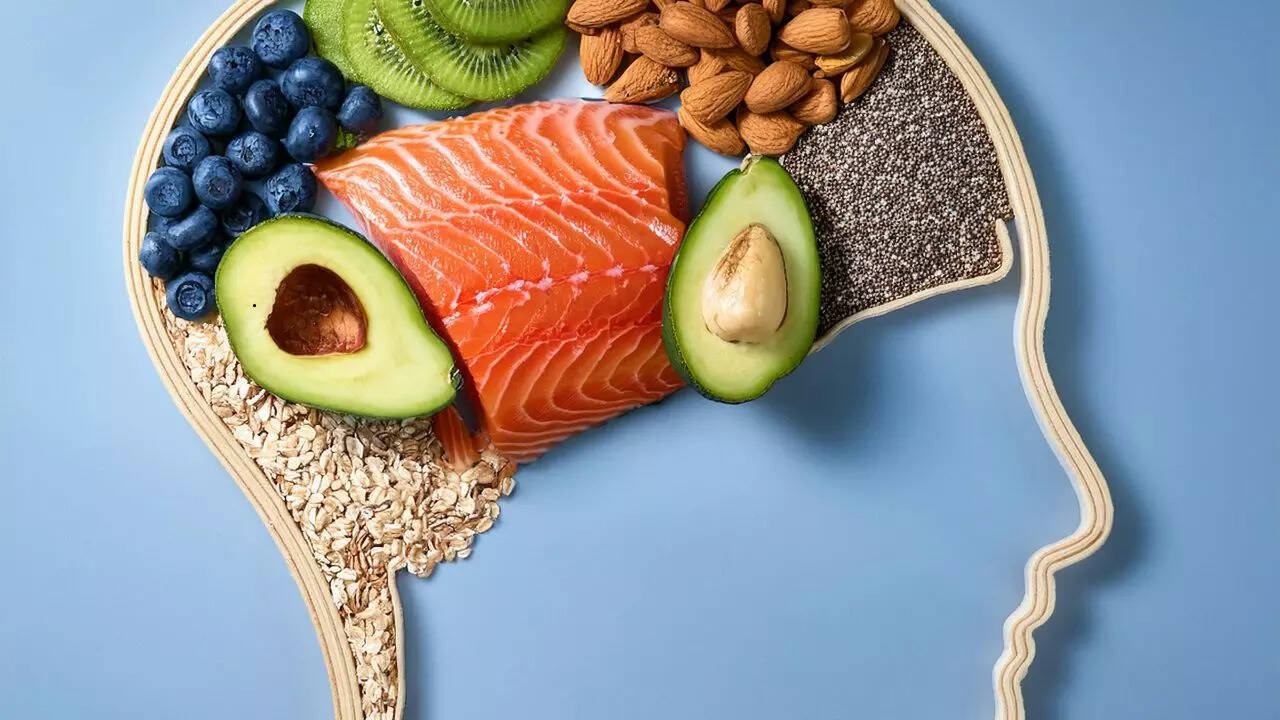
Vitamins and minerals, though needed in small quantities, are essential for the proper functioning of the human body. Of them, Vitamin D plays an important role in keeping our bones strong, boosting immunity, and supporting overall health.
Vitamin D is also called the sunshine vitamin, as sunlight is one of the best natural sources of it; many people also take supplements or a specific diet to maintain healthy levels of it. However, did you know that certain foods can interfere with the body’s ability to absorb or use vitamin D effectively? Knowing which foods might hinder Vitamin D absorption in the body is important to make smarter dietary choices. It doesn’t mean that you have to cut these foods out completely from your diet, but being mindful of when and how to consume them can make a huge difference in how well your body benefits from vitamin D. So, here we list some foods that interfere with Vitamin D absorption and hence should be avoided along with its supplements:
1. Processed foods
Processed foods, sodas, and packaged meals contain high levels of phosphates, which can interfere with calcium metabolism.
Since calcium and vitamin D work together in the body, this imbalance can reduce the effectiveness of vitamin D. Too much phosphate in your diet can lead to calcium depletion from the bones, thus weakening them over time even after taking enough vitamin D through other sources. Additionally, preservatives and additives in processed foods can stress the kidneys and liver, organs involved in converting vitamin D into its active form.
And so, one should reduce consuming processed food to support better vitamin D utilisation and their overall health.
2. Alcohol
Having excessive alcohol can hinder vitamin D absorption in many ways. Alcohol affects liver function, and since the liver helps convert vitamin D into its usable form, impaired liver activity limits the body's ability to process the vitamin effectively. Chronic alcohol use can also damage the gut lining, thus reducing nutrient absorption, including vitamin D.
If you have alcohol regularly, then you need to monitor your vitamin D levels and speak to your doctor to counteract its ill effects.

3. Caffeine
Caffeine is generally found in tea and coffee, and it is known to hinder vitamin D absorption in the body. While a moderate amount of caffeine intake is generally safe, consuming large amounts of coffee or tea can interfere with vitamin D absorption. Caffeine can reduce the efficiency of calcium absorption in the intestines, indirectly impacting how well vitamin D supports bone health.
And so, if you regularly drink several cups of coffee or strong tea, consider spacing them out or better simply avoid them when taking your vitamin D supplements.
This will help in better Vitamin D absorption in the body.
4. High-oxalate foods
Foods high in oxalates— like spinach and beet greens— can bind with calcium in the digestive tract, thus reducing calcium availability. Since vitamin D works closely with calcium to strengthen bones, low calcium absorption indirectly affects vitamin D's efficiency.
But, these healthy greens shouldn’t be avoided entirely as they are a powerhouse of other nutrients. Instead, avoid having them with vitamin D or calcium-rich foods.
For instance, avoid having palak paneer for better vitamin D absorption, as paneer is a good source of calcium, and spinach contains high levels of oxalates.
5. Fat-free or low-fat diets
Vitamin D is a fat-soluble vitamin, which means it needs dietary fat to be absorbed properly in the body. And so, diets that are extremely low in fat or have fat-free products can hinder the body’s ability to absorb and use vitamin D effectively. Without enough healthy fats in your meals— like those from avocados, nuts, seeds, ghee and olive oil— your digestive system may not transport vitamin D efficiently. If you're supplementing with vitamin D or consuming it through food sources like fortified dairy, always include a small amount of healthy fat in your meals.
This will help your body to fully absorb this important nutrient.

 1 day ago
39
1 day ago
39




























 English (US)
English (US)